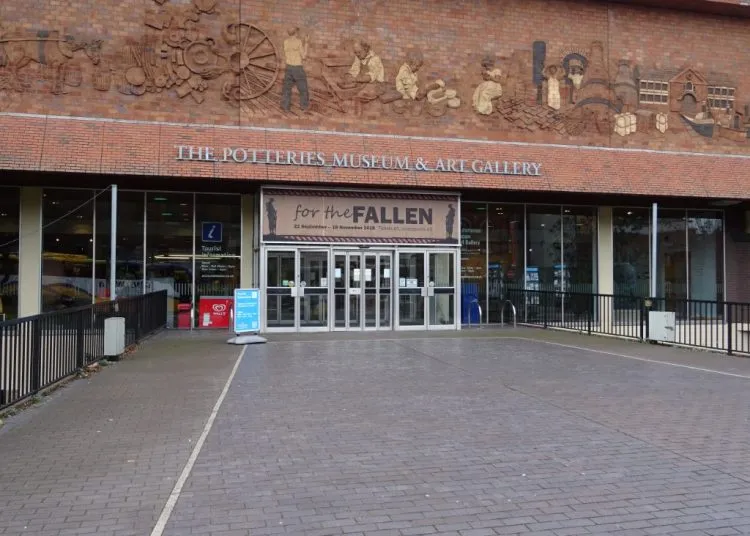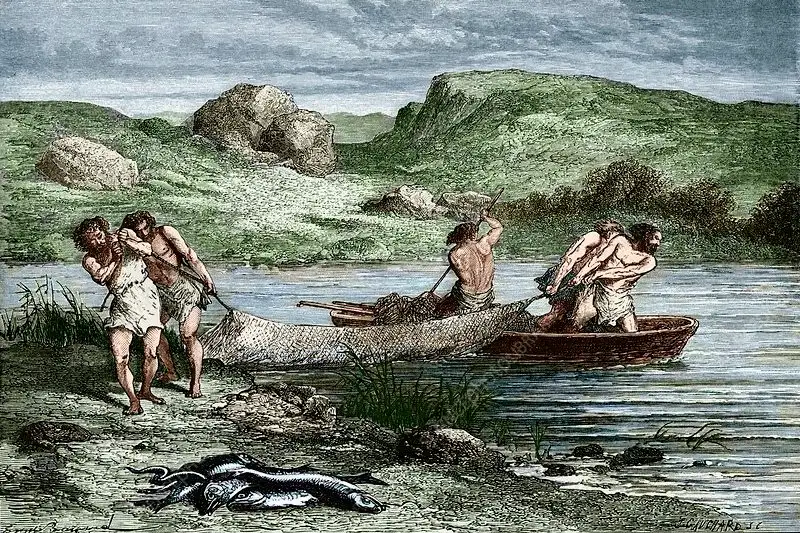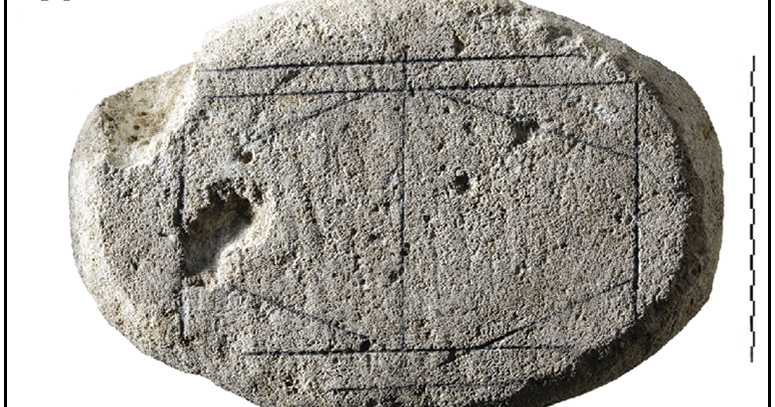Scientists at the Garvin Institute of Medical Research in Sydney, Australia, believe they have discovered the birthplace of humanity, which they say is a region in southern Africa within what is now the Kalahari Desert. They collected over 1,200 DNA samples from indigenous communities in southern Africa, with the aim of isolating the zero lero lineage, which carries back to mitochondrial eve, the earliest common ancestor of humanity. They traced this lineage to a region in Botswana that was formerly known as Lake magati, a rich wetland that provided early humans with a fertile environment for growth and sustainability.
The scientists believe that Homo sapiens first emerged in this region around 200,000 years ago. However, not everyone is convinced that the findings are definitive, as there are other theories about the origins of humanity that remain widely accepted among scientists. The out-of-Africa theory, for example, proposes that humans migrated from Africa and replaced existing populations, while the multi-regional hypothesis suggests that early humans originated in a single location and then migrated across the globe, mixing with existing populations.







